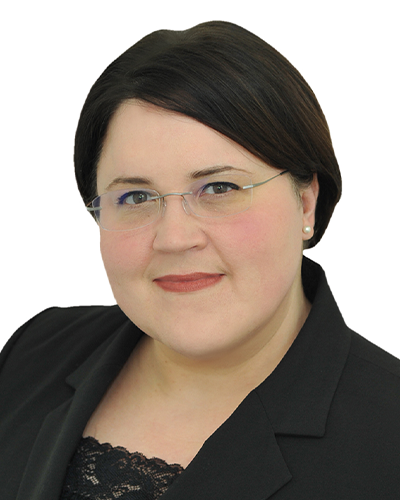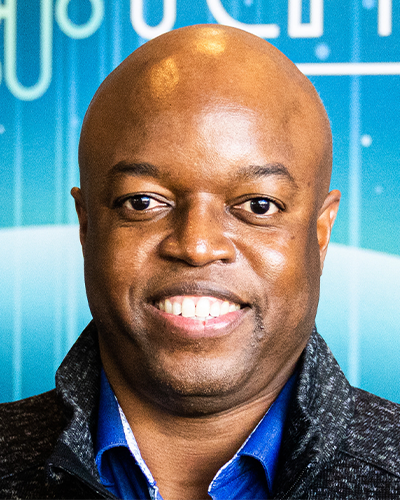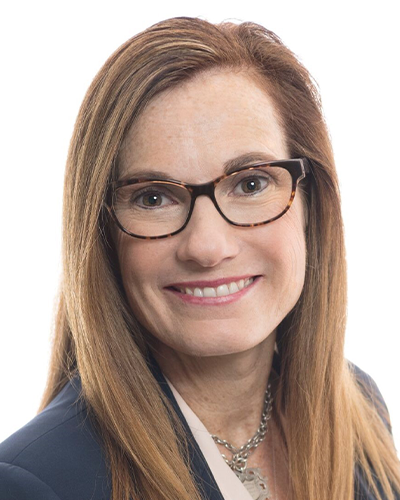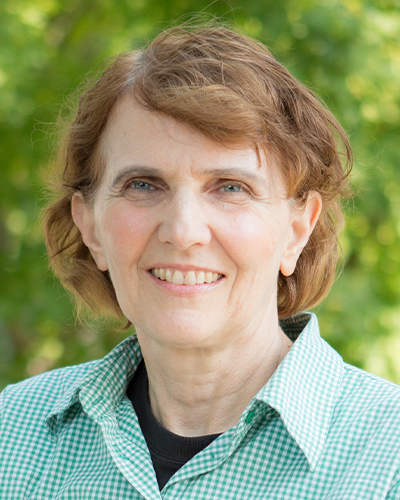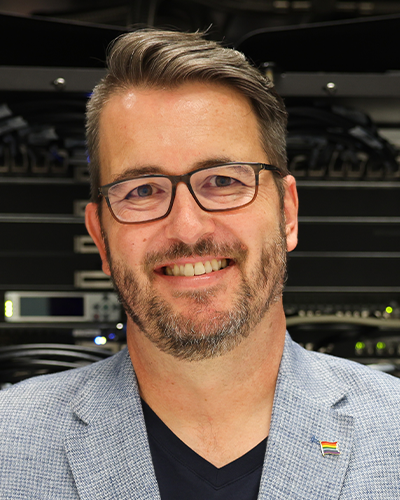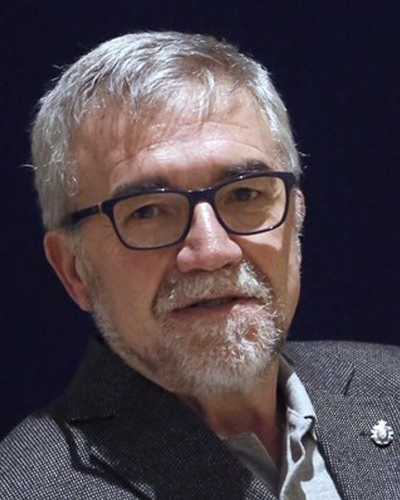Congratulations on being named an HPCwire Person to Watch! Let’s start with a brief description of the LRZ Quantum Integration Center, which opened roughly two years ago (March 2021). What’s its mission and goals and maybe provide a quick progress report and comment on near-term milestones?
Thank you! This is quite an honor. The LRZ Quantum Integration Centre (QIC) focuses on several layers of integrating quantum acceleration as it becomes another powerful asset to supercomputing. As an advanced computing user facility, we focus on our users by ensuring they have what they need for their algorithm and application development and, with that, their scientific results. This includes access to quantum systems and resources (simulators, remote and on-premise access to quantum hardware), development tools, consultation expertise, education, and training. As a supercomputing centre, we focus on hardware and software integration by prioritizing R&D towards a higher level, technology-agnostic, single source, hybrid HPCQC system software environment. And as a computing and data centre, we focus on infrastructure integration with the stabilization of early quantum computers into production HPC centers through operational facilities and policy integration. We do the above in a tight co-design manner with our users and industrial quantum hardware and software partners.
Our first quantum system with a 5-qubit superconducting QPU is operational and connected to the first phase of our HPC testbed for software development. A non-superconducting quantum system is planned by early summer and the federally funded Q-Exa German demonstrator system with a 20-qubit superconducting QPU is planned for early 2024 for user access and will be integrated into our incoming HPC system. With the award to host the Euro-Q-Exa system by the EuroHPC Joint Undertaking, we will bring in a higher-scale quantum system and plan for a tighter integration with the follow-on HPC flagship system. So, we are building solidly on the integration of quantum acceleration with HPC systems as we scale up and include multiple QPUs and different quantum technologies.
A persistent topic in quantum computing is workforce scarcity. What’s your take on the workforce challenge generally and more specifically what are the skill sets LRZ is seeking and how successful are you at finding them? How big is the LRZ Quantum Integration Center team now and how will it grow?
The LRZ QIC focuses on a multidisciplinary venture – merging quantum acceleration into the HPC landscape. We all know finding good HPC specialists is already tough; finding quantum-curious HPC folks and HPC-intrigued quantum physicists is even more so. Particularly because we’re still early in all of this, we seek people with strong capabilities who are energized when working with many unknowns and with technology with many variants or modalities, all rapidly evolving. Some of the novel topics we deal with, for example, are dynamic compilation, hybrid programming approaches, scheduling to disaggregated accelerators, and circuit cutting to dynamically match given target platforms.
Our technical team is a mix of computer scientists, experimental and theoretical physicists, software developers, electrical engineers, and mathematicians. They represent a microcosm of the larger HPCQC community in their perspectives and approaches. Internally, we cross pollinate to understand each other and our respective workflows; this in turn, gives us clear ideas how we need to help our users from different domains harness this new computing approach for their science.
Munich is a hotspot of quantum technology and last year saw a highly competitive hiring arena with the establishment of the Munich Quantum Valley and many quantum hardware and software companies setting up in the region. The buzz on our program is getting out now and hiring is getting a bit easier. The LRZ team is currently over 20 folks with plans to double this year. Applicants do not need to know both HPC and QC – not many in the space can claim this right now as it is. We seek technical expertise in one area with familiarity of the other or strong interest to grow towards the other. We want people highly motivated to drive this field forward and to actively contribute to a strong, healthy, supportive, results-oriented and fun team culture.
How would you describe Europe’s approach to developing quantum technology and a quantum industry as contrasted with the U.S.? For example, there seems to be a faster push to develop integrated classical-quantum systems and architectures.
As one example to illustrate, the recent EuroHPC Joint Undertaking initiative really does stand out in its commitment to place quantum systems into HPC centers in the near-term and to push their integration into the HPC systems and workflows. Speaking for the Euro-Q-Exa program for Germany that will be hosted at LRZ, this is a great move since it allows us to continue working at close range with the R&D challenges inherent to merging differing technologies under a unifying, single-source software environment at higher quantum and HPC scales. We’re all only going to figure this out by placing the systems, hooking them together, pulling cables, turning dials and testing out ideas. There’s many such examples around Europe at the national level as well, like the German quantum demonstrator program, and at the state level, like Bavaria’s Munich Quantum Valley initiative. To foster innovation at this scale, government commitment in terms of volume and longevity are key, and that’s clearly seen here. Bolstered with robust interest and engagement by industry and their targeted use cases as well as physics hotspots like Innsbruck, Munich, Delft, Chalmers and more, we have the makings to be both competitive globally and strong international collaboration partners.
The traditional HPC market is undergoing substantial change, most notably blending in AI technologies with quantum on the horizon. Where do you see HPC headed? What trends – and in particular emerging trends – do you find most notable? Any areas you are concerned about, or identify as in need of more attention/investment?
I’m looking at trends from our center’s perspective. There’s a lot more unique architectures out there then there’s ever been – novel AI engines, FPGA-based accelerators, QPUs, GPUs, *PUs, etc. We have a broad user base, with our main users coming from top-notch universities and institutions. To support these researchers getting the most and/or best compute for their science, we want to offer a broad portfolio of resources, but do so in a practical, manageable way. For us, integrating these assets is then a balance of complexity and usability. This is already a topic, but will continue to grow in importance.
Then, of course, there’s power and energy. Systems are large, AI models are power hogs and a mixture of architectures can be highly variable in their energy needs. One interesting thing about quantum is how it might help lower the energy bills for the same compute in the long run. There’s a lot of talk of quantum advantage and “beating” traditional compute, but let’s consider advantages by other metrics; energy may be one of those.
One concern I have is obviously quantum hype. Amara’s Law states that technology tends to be overestimated in the near term and underestimated in the long term. One trend I would like to see is that we recognize quantum’s potential, but allow us the time we need to overcome the hurdles we see, and those we don’t yet.
What inspired you to pursue a career in STEM and what advice would you give to young people wishing to follow in your footsteps?
I was a curious kid who liked my science classes and rock collections, but wasn’t actively guided towards a STEM career path. I just thought I was a tomboy, and Girls in Science programs weren’t around much in the late 80s. One incident in particular stands out though. Right after high school, I attended some public lecture event and picked up a brochure from Argonne National Lab. Intrigued (and bold and naïve), I called them to ask what I needed to do to become a scientist. The kind woman on the other end told me to hold and returned later to tell me to keep holding. I imagine her walking down hallways searching for someone with a few minutes between meetings. After a bit, a real scientist (!) got on the line. He explained what he did (pretty sure it was high energy physics), what to focus on in school for a science career, and that I should learn FORTRAN.
I don’t recall their names, but that conversation kindled a spark and stuck with me. I’m grateful for their time, energy and interest that day; it’s one of the reasons I’m more than happy to talk to anyone who wants to know about science and supercomputing now.
Growing up in the Moonshot and Space Shuttle eras, it’s no surprise I’m also deeply inspired by mission-driven science. I feel immense pride being part of something greater than myself, adding to a larger body of knowledge that – however small my contribution – facilitates results benefitting our societies and our understanding of everything around us. It pulled me towards the Department of Energy and its laboratories, and now towards government-backed, large science initiatives in Bavaria, Germany and Europe.
The best advice I can offer is from a bracelet I wear inscribed with “Do It Anyway”. There will always be a list of reasons – real ones, ones fabricated in your head or ones fabricated in other people’s heads projected onto you – that will block you from doing something you want or believe in. Do It Anyway. Say that to yourself repeatedly. You’ll be surprised at just how many of those blockers don’t actually exist, have workable ways around them or crumble when you challenge them.
Outside of the professional sphere, what can you tell us about yourself – unique hobbies, favorite places, etc.? Is there anything about you your colleagues might be surprised to learn?
Perhaps one thing my colleagues might not know is that if I could be anywhere, it’s in the ocean. I learned to scuba dive several years ago and was immediately hooked. It’s addicting to move in three dimensions, to slowly rise out of a sunken ship and levitate alongside the mast, or to witness giant mantas cruise just overhead like alien spacecraft in formation. Scuba is exhilarating and meditative at the same time. And it’s a great exercise in humility to realize just how much you do not matter in the vastness of the sea while everything that actually matters to you whittles down to your own breathing. Can’t recommend it enough.

